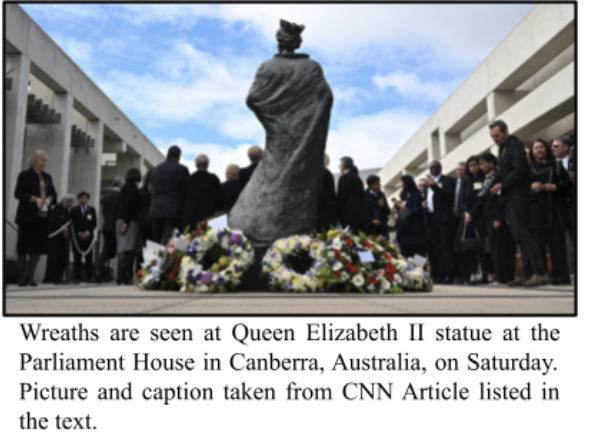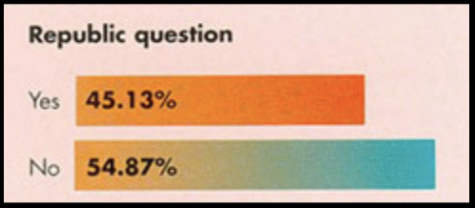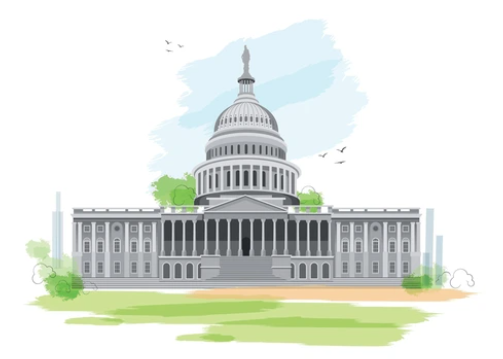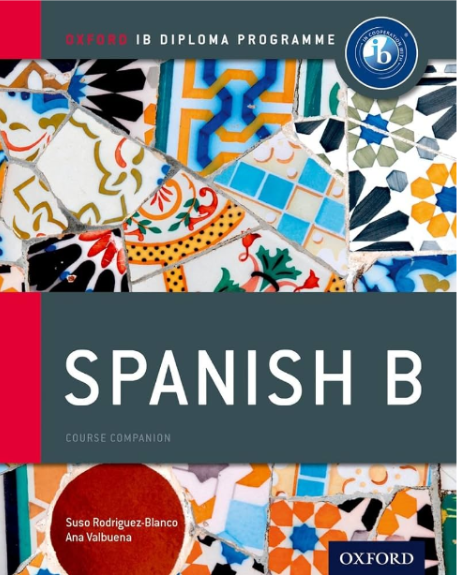Australia Reopens Commonwealth Debate Following The Queen’s Death

October 21, 2022
Queen Elizabeth II’s death affected so many on a very personal level. She had millions of supporters all over the world. The whole world has mourned her death as exemplified by this CNN Article; People from Moscow, Tokyo, South Africa, Kenya, the Czech Republic, and Australia are depicted paying their respects to the Queen. Nations especially in mourning would be countries joined in the British Commonwealth. Fifty-four countries are in the Commonwealth. The British Monarchy is the Head Of State for those countries. One of these nations is Australia, but will they stay in it for much longer?
Adam Bandt, leader of Australia’s progressive “Greens Party,” took to Twitter following the Queen’s death both to mourn her passing and reignite a decades-old debate in Australian politics. He wrote, “Rest In Peace Queen Elizabeth II. Our thoughts are with her family and all who loved her. Now Australia must move forward. We need a Treaty with First Nations people, and we need to become a Republic.” In the same tweet, Bandt mourned the Queen’s death and then called for the separation of Australia and the Monarchy. While the tweet was met with a lot of pushback due to Bandt’s timing, there is real validity and history behind his argument.
After Australia joined the Commonwealth in 1901, the nation became progressively more and more independent from the UK. Over the years, Australia started to develop its own identity, wants, and needs from the UK. These differences came to fruition in 1986 when the Australia Act was approved by Queen Elizabeth II, creating a mainly autonomous and independent Australian government. Australia is now fully independent from Britain besides the fact that they share a Head of State. Australia continued to thrive and evolve into a country with its distinctive peoples, ideas, values, and (after 1986) government.
At a Constitutional Convention in February 1998, the President of the Australian Council of Trade Unions, Jennie George, spoke on the possibility of starting a republic. George stressed the importance of a native Head of State when she said, “we want one of our own citizens to fill that position. It is appropriate that every Australian can aspire to it. And that it is not a hereditary position.” She also acknowledged Australia’s deep historical ties to Britain but that not all Australians share that history anymore, “Around a third of all Australians ~ 23% ~ have been born overseas. 13.9% of the Australian population were born in non-English speaking countries. These Australian citizens, together with their children have no links – either historical or cultural with Britain.” George’s point here seems to be the centre of Australians’ argument to be a republic. George demonstrates that Australia’s identity as a people is so diverse and different cultures have evolved. This lends itself to the idea that ethnically, Australia is not related solely to the UK.
A bit less than two years later, on November 6th, 1999, the Australian government held a referendum and asked Australians to vote on whether or not to establish a republic. This would replace the Monarchy as Head of State with a President, elected by Australia. The referendum had a turnout of 95% of eligible voters and was voted 55% against. While the referendum was denied, such a split demonstrates that a considerable portion of the Australian public feels they could do without the Commonwealth.
Mrs Milne, an AP World History teacher who has an abundance of knowledge on the British Commonwealth, had this to say, “So it’s (the British Monarchy Head of State) somewhat symbolic, and it’s somewhat cultural and traditional.” Milne also states that this symbolism can be different depending on the context of a country and its people’s relationship with the Crown. She said, “Do you see the queen as a symbol of repression and oppression if you are indigenous Australian or descendants of former slaves in Barbados, does the Queen have a much uglier symbolism there?” Countries like Barbados, Jamaica, and other island nations in the British Commonwealth have very ugly histories filled with slavery and discrimination. This makes their connection to the Monarchy much less appealing and it gives these countries further reasoning to employ their own Head of State. Barbados did this in November of last year and Jamaica plans to do so by 2025. Mrs Milne also points out that Australia’s Commonwealth partnership might not be economically viable anymore in the state the country is in. Australia is the third largest contributor to the Commonwealth budget. This system works very much like the US State Tax system, “New York pays taxes, they go to the Federal government, we get some back in lunches and textbooks but because New York is so wealthy, a ton of our money actually goes to places like Kentucky and Alabama,” commented Milne. At one point, the economic benefits of the Commonwealth must have been very helpful to Australia as a growing nation but at this point, it seems that Australia is no longer benefiting from this system.
Lastly, according to a CBS News article, Australian Prime Minister Anthony Albanese “began laying the foundations for a nationwide referendum on transitioning Australia into a republic.” However, after the Queen’s passing, Albanese put the plans on hold and stated he will not call a referendum in his current first term as premier. Australia’s second referendum for becoming a republic will come no earlier than 2025 which is when the next federal election will take place.








![[From left to right-Top row: Harison Fliegenspan, Talia Russo, Isis Leite, Micaela Thone, Rosella Paniccia. Bottom row: Maya Rolan, Eren Yoshimura, Audrey Cheung, Karinah Diaz]](https://thehuskyherald.org/wp-content/uploads/2025/02/IMG_0927.jpg)













